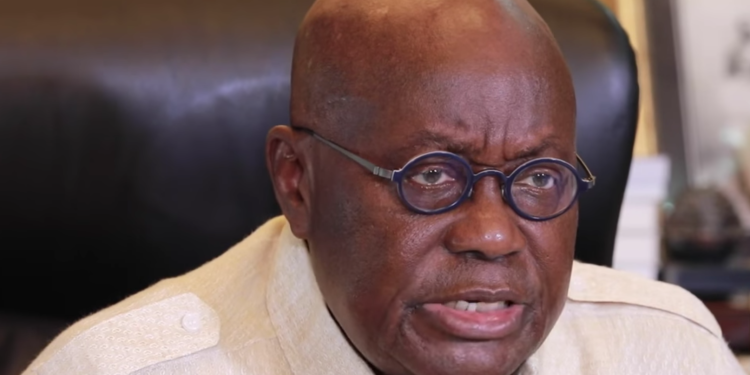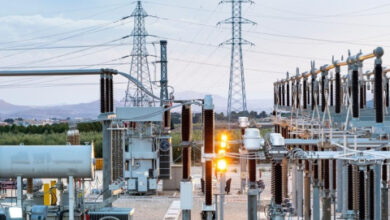Ghana’s public finances have been under severe strain in recent years, with a high public sector wage bill exceeding the ECOWAS threshold of 35%. The expenditure on compensation of employees, which includes wages, salaries, allowances, pensions, gratuities, and social security contributions, represents a staggering 56.01% of tax revenue, says President Akufo-Addo.
According to him, this has created a serious fiscal crowd-out effect, as spending on public sector wages has crowded out spending on other important areas of public expenditure, leading to concerns about the sustainability of the country’s public finances.
To address this pressing issue, the President noted that Ghana needs to urgently boost productivity in the public service, as well as aggressively increase revenue collection via the Ghana Revenue Authority. In addition, the government needs to bring public expenditures, including the public sector wage bill, to sustainable levels. This would involve managing the wage bill in a way that is sustainable over the long-term, rather than allowing it to continue to grow at a faster rate than revenue.
Managing the public sector wage bill in a sustainable manner is crucial for protecting incomes and pensions, as it helps contain inflation. It is also important for maintaining fiscal sustainability, as the high wage bill poses a significant threat to the country’s public finances. The government must therefore take decisive action to address this issue, as failure to do so could have serious consequences for the country’s economic stability and future prospects.
One possible solution to this problem is to reform the public sector wage system, including by introducing performance-based pay and linking salaries to productivity. This would incentivize public sector workers to be more efficient and productive, which could help reduce the overall wage bill over time. Another option is to improve the efficiency of public services, which would reduce the need for additional staff and help contain the growth of the wage bill.
In addition to these measures, the government must also increase revenue through better tax collection. This would involve cracking down on tax evasion and increasing compliance, as well as broadening the tax base to include more sectors of the economy. The Ghana Revenue Authority must play a critical role in this effort, and the government must provide it with the necessary resources and support to succeed.
Overall, Ghana’s public finances face significant challenges, and urgent action is needed to address them. By taking steps to manage public spending in a sustainable manner, the government can help to protect incomes and pensions while also ensuring that resources are available for other important areas of public expenditure. Failure to act could have serious consequences for the country’s economic stability and future prosperity.
Disclaimer: Ahotoronline.com is not liable for any damages resulting from the use of this information
norvanreports





